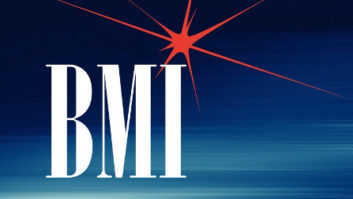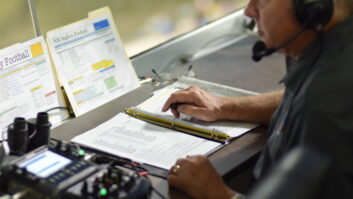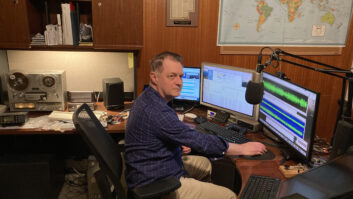Clay Freinwald, an RF systems engineer for Entercom in Seattle and chairman of the SBE’s EAS Committee, says snow is an issue in his region, affecting access to high-elevation transmitter sites.
In a note to Radio World, Clay writes that the Olympic and Cascade Mountain ranges, west and east of Seattle respectively, are seeing record-setting amounts of snowfall.
Snoqualmie Pass, only 3,022 feet above sea level, has been closed more than open in the past few weeks because of avalanches, requiring detours through Portland for drivers.
“As of the 9th of this month, Snoqualmie Pass has received over 34 feet of snow (416 inches),” he wrote.
How does this impact what he does? Clay does work at two transmitters sites; each is at the same elevation as Snoqualmie Pass: South Mountain in the Olympics and West Tiger Mountain, 18 miles east of Seattle and 32 miles west of the pass.
“In the 20 years that I have been involved with West Tiger, this is the third time that we have been snowed out (cannot access the site with anything other than a snow-cat) and the earliest for this to ever take place,” says Freinwald.
“Now we just leave the trucks at the bottom of the mountain and ride in the snow-cat. No station owns one, so we hire a fellow to take us up at the rate of $600 per day. Is there any wonder now why we all try and have great auxiliary/backup facilities on lower elevation sites?”











